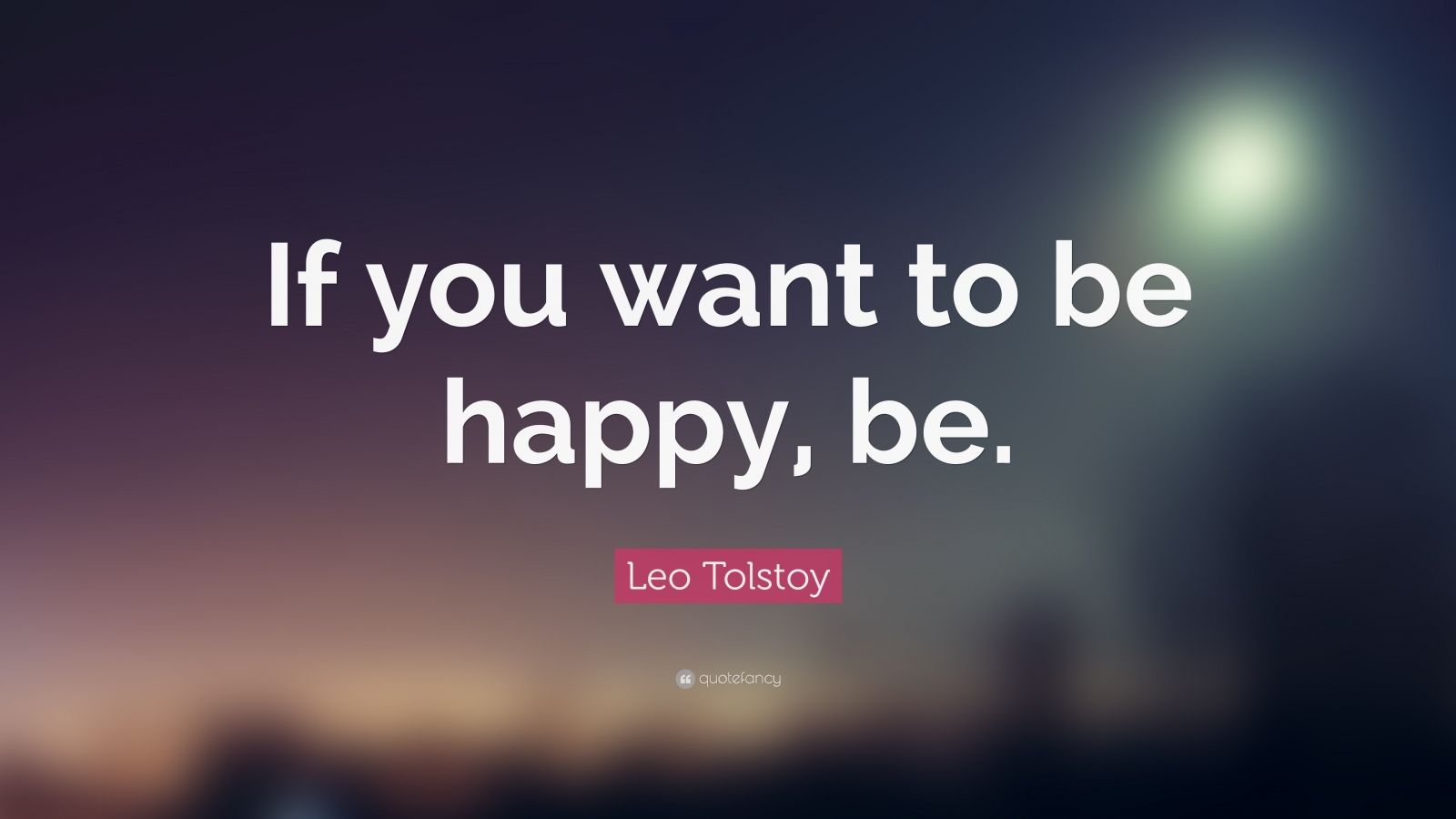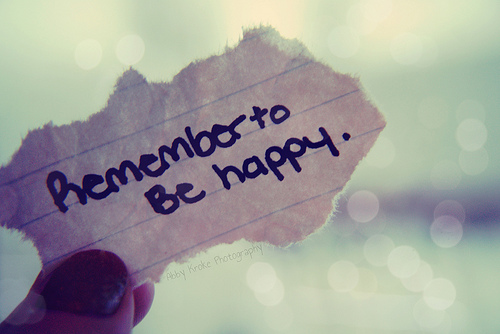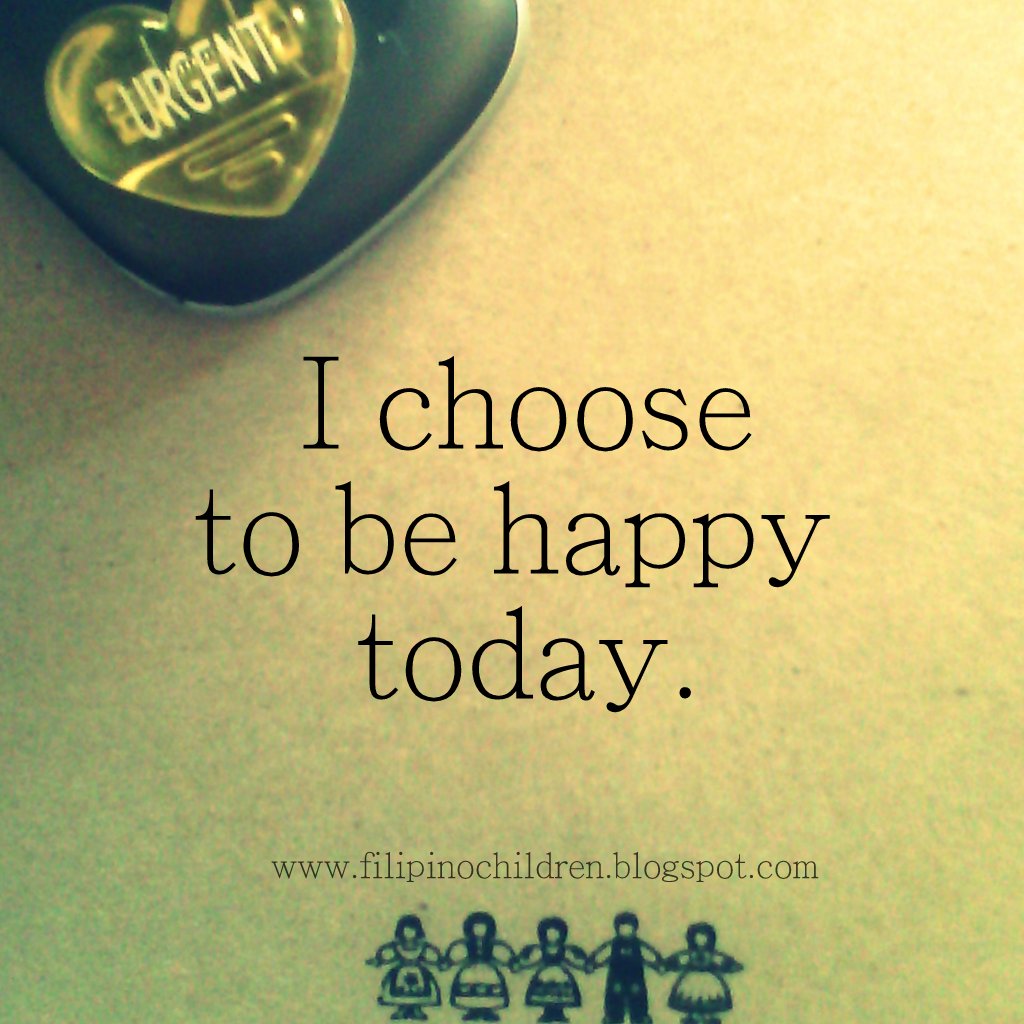7 top tips – how to choose the right weight loss plan (7)
- Twitter Feedsteach To Be Happy Birthday Wishes
- Twitter Feedsteach To Be Happy Birthday
- Twitter Feedsteach To Be Happy Meme
 August 26, 2008 at 4:55 pm | Posted in body, Uncategorized, weight loss | Leave a comment
August 26, 2008 at 4:55 pm | Posted in body, Uncategorized, weight loss | Leave a commentTags: education, exercise, food, food choices, healthy eating, lose fat, lose weight, meal, tools, weight loss


He says happy people, happy is the person who delights in God. You’re like, you just delight in Him. And it makes sense, by the way. It’s so logical. If you believe there is a God who created you, who is good and loves you, then when you delight in your Creator, you’re going to be most fulfilled. No expectations. If we all lived this way I believe we would know more personally what it means to be happy. It has been my goal to practice having no expectations lately, and I’m realizing how many times expectations take effect on choices and emotions. It was a marriage of so many things I enjoyed - writing, technology, creativity, and of course unknown opportunity. And man, did I go in. I did everything back then that everyone now is calling one-to-one consumer engagement. I experimented with Twitter until I finally got it. I toiled and tooled around on Facebook until I got it. We believe virtue, goodwill and heroism are hot news. That’s why we bring you up-to-the-minute news, geared to lift spirits and inspire lives. Add in a diverse team of Citizen Journalists reporting positive stories from around the world, and you’ve got one happy place for news. KN: Especially in the matches when I came back from a match point down to beat Monfils and when I came back to beat Nadal after Murray beat me easily (in a semifinal), those were the moments I felt I had become stronger mentally. In addition to that, I may have become stronger because I was happy winning a medal and felt fulfilled.
Twitter Feedsteach To Be Happy Birthday Wishes
It must be doable long term
Twitter Feedsteach To Be Happy Birthday
- A good wight loss plan will help you to lose weight by focusing on healthy eating principles and exercise. It will not be about starving yourself, eating one type of vegetable or doing something stupid! You can’t starve yourself forever or eat one lone vegetable forever!
- Your chosen weight loss plan must not promote a full on liquid diet. That’s not doable long term is it? If it promoted meal replacements these must come with proper meals and they must be as nutritious as a healthy meal.
- It must give you maximum flexibility in meal choices so you can build a program that is right for you. You wouldn’t be happy eating foods you don’t like in the long term would you? So don’t do it in the short term!
- A good weight loss program will not prohibit any foods, but teach you about food so that you can eat all things in moderation and make the right food choices for your individual goals.
- Your chosen weight loss plan must provide you with the tools and education you need to not only lose weight but also to maintain your new weight through the right food choices and an exercise program you enjoy and can keep up.

Twitter Feedsteach To Be Happy Meme
When you are choosing a program to help you lose weight just make sure that whatever you sign up for can be done on a long term basis. Otherwise it will be a crash diet that will result in a yo-yo dieting effect. Not good for your health or your self esteem…
Posted by Sara Brown, 26/08/08
Japanese Interview of Kei Nishikori done by Masako Hara from Nikkei newspaper published online on 2016/12/22.
Original article: http://www.nikkei.com/article/DGXMZO10872090Q6A221C1000000/
Kei Nishikori (Nissin Foods), a male tennis player, has ended the season of 2016 with the best result of his career. He has become the first Japanese [tennis] player in 96 years to win a medal at Rio de Janeiro Olympic Games, and he has also reached a semifinal of Grand Slam for the second time. We asked Nishikori, who will turn 27 on [December] 29th, to look back his fulfilling season as well as his goals in the next season.
- Year 2016 was a very fulfilling season for you. You had very close matches with Gael Monfils and Rafael Nadal at Olympic Games, but you also had other tight matches with them on the tour this year. How was it different in Olympics?
KN: It was completely different atmosphere (from the tour). I felt something different being that close to athletes of other sports who were fighting seriously, and each of them had very strong determination to for the medal. Especially (Andy) Murray. Because of that circumstance, nobody would give up till the very end. In the Bronze medal match against Nadal, I was almost winning the match, but he came back (once). It was different like how I became tight at that moment.
- Any moment that made you stronger mentally?
KN: Especially in the matches when I came back from a match point down to beat Monfils and when I came back to beat Nadal after Murray beat me easily (in a semifinal), those were the moments I felt I had become stronger mentally. In addition to that, I may have become stronger because I was happy winning a medal and felt fulfilled.
- What is your best match of the year?
KN: The match I won against Murray (in a quarterfinal) at US Open. I also had many matches I came back from match points down this year. It’s interesting how big one point can be, like how one point can shift the momentum and change the outcome of the match. It was only a matter of a few centimeters when I made or missed the shot to win that one point.
- Why do you think you could make such a shot?
KN: When I look back the video, sometimes I am amazed with how I made the shot. I think it’s something to do with being a clutch player, and you cannot get that from the practice. Maybe [that’s something to do with] how much you have gained the experiences and how calm you have played when you are in trouble. Different experiences makes me a better player. Of course, I still drop (in tight moments) sometimes, but hopefully, I can win more in those moments.
- At the world Tour Finals, you had a close match with Murray even though you lost. In that match, you kept hitting a drop shots despite you were missing them. ATP Media commented 'Nishikori sometimes becomes stubborn like that. He is like Murray in the past.' Why?
KN: Because drop shots are very effective if you can hit it right. (Rather than being stubborn,) I felt like I could win points easily if I could hit it. It’s true that I was missing a lot so I should have not hit them. When I'm tight or not calm, I may tend to rely on a particular shot.
I think my tennis is about mixing up as much as I can, like hitting right to left, hitting drop shots and hitting with angles. I think that's how I win by having my opponent keep guessing.
- You need to be physically fit in order to do that. Without physical strength, it is harder to keep focused to think.
KN: That's my issue every year. I need to play more consciously during a match in order to increase my concentration. There are still many shots I need to improve technically, so if I have to say, (everything) is going to be something I need to work on. On top of playing consistently, if I can be more stronger mentally, I can beat top players. I need to play much, much stronger tennis.
- Have you ever envied Murray's bulldozer-like horse power?
KN: All the time. I don't have shots like his service (aces) or his stroke to hit it like 'bang!' (from behind the baseline). Instead, I have strength in quickness and footwork. I need strong physical to do so. I have many things I have to try on different standpoint from other players.
- Is it hard to keep focused?
KN: Even Murray and (Novak) Djokovic cannot play at maximum throughout the year. But they still make it to semifinals and finals all the time, and that’s why they are the top of the world. It’s about not only recovering physically but also how you can stay fresh mentally facing each match. How you do not think too much of the matches and how you pump yourself up before the match but be relaxed once you are back to the hotel. It’s very important to switch on and off like that.
- You often make it harder for you by dropping the first service game of a set.
KN: When I don’t start well, I’m either not into it or being nervous. But I had a good start many times. If I can play focused in the second and third set, I think I will have more matches I can win more easily.
When I lose it’s usually one of them — I’m impatient, going for it too much or not hitting aggressively enough. It depends on the pressure from the opponent, my condition, or if it’s a first round or a final match. A first round is tricky. The opponent plays with all his heart and soul, and I still cannot find my rhythm.
But with my ranking going up, there are players see me as the better player. There are more occasions like they make easy mistakes giving me points or overplay at important points. Top 10 players wouldn’t do such things, but lower ranked players see me as the better player more than necessary.
- Do you still get nervous?
KN: I do basically before big matches. There is no match I don’t get nervous.
- I mean, do you get so nervous that you start playing differently or cannot move?
KN: I do, I do. Sometimes I start shaking from nervousness. It happens every time I play Nadal. He is a kind of an opponent I cannot win unless I keep hitting (aggressively). I know if I play safe [with him], I will lose 100%.
- You don’t feel that way with Djokovic and Murray?
KN: (I get nervous) with Nadal the most. There is a pressure that I have to finish and win when I’m leading in the match. I think that’s why my body starts shaking. He is such a fighter and never gives up. His hits balls with “super” topspins, so I have to come inside (the baseline) in order to hit well.
- Is his ball heavy?
KN: His play style is unique. I usually can hit back fine if I have the right racket face angle, but with Nadal, I have to hit through otherwise the ball goes to somewhere (different from where I aim for) and besides that, the ball loses the pace.
- You seem relaxed playing against Murray the most compared other members of “Big 4.”
KN: Djokovic is really good at changing the direction of the ball, and I feel like I have to move left to right all the time. Murray’s play has more pattern, so I kind of guess where he is hitting, and I think that may make it easier for me to play him.
- Top players usually do not talk about the injury or doubts, but you often say something like “my side abs hurt” and “I thought I was going to lose.”
KN: I’m not really conscious like not thinking much when I say it. Maybe it’s mainly because [I speak] in Japanese. In English, (I just say “I am fine.”) Foreign players won’t understand what I say in Japanese.
I feel that I’m going to lose the match more than half of the time. I always play assuming the loss when I’m losing. I become calm if I think that way, maybe? I’m more like I become calm mentally thinking the worst case scenario rather than being hell-bent on wining.
- Do they treat you differently when you become a top 10 player?
Naturally, they treat you differently at tournaments. It’s simple, but it became easier to schedule a practice court. I used to be trying so hard for the practice court before, now I’m surprised how easy it is.
The treatments at the ATP World Tour Finals is the best. Securities and a driver for each player, so I can go wherever I want, whenever I want. Also there is an individual locker room for each. It would never happen at other tournaments. With such experiences, my motivation is raised naturally.
- You always seem to be unpleasant when you talk about the off-season training with Michael Chang. Going into fourth year with him, do you feel you start enjoying it because he helps you even though he’s tough on you?
KN: Not at all. When it’s tough, it’s tough. We basically hit on the court for a couple of hours in the morning and the afternoon each and two hours on training. On court, Michael keeps feeding the balls for the basic drills. He feeds balls with the blunt look on his face and the practice goes on.
Coincidentally, Michael and I are almost the same height. Since we have the similar play styles and we’re both Asian [descent], so we have very similar mentality. In that sense, I’m lucky. We both play patiently exploiting the opponent’s weaknesses and waiting for the opportunity before winning a point. I understand his advice without any trouble.
- You are getting closed to 30 years old. Other foreign players have activities off court like creating their own foundation or tennis academy.
KN: I have no interest in business but I have a few things I want to do. Not about tennis. I may teach tennis to kids or coach in the future, but it’s not what I want to do definitely. You only live once, so I feel like that’s a waste if I do only tennis.
- Next season almost starts. Do you have a particular tournament that you want to win?
KN: Monte Carlo. The atmosphere and the feel at the tournament, it’s cool to win that tournament.
- You almost never play there.
KN: I played only once (in 2012). The schedule (in the beginning of April) doesn’t work for me. I wish I had a house in Europe. I also want to win the Masters tournament on clay in Rome or Madrid. Because I love Spain like Barcelona and Madrid.
- What is the most comfortable Grand Slam to play?
KN: Australia. It’s in Asia Oceania, so I feel more like at home. I don’t understand the crowd cheers, but I hear them being rowdy. (Putting his hand out in front of his chest gesturing to shut out) I feel like [their cheers] are bounced back right here. I only hear the voices of the coaches. But the more support I hear, the more I can push myself.
[] … translator’s notes.
Translated by @morunien
Reply · Report Post
